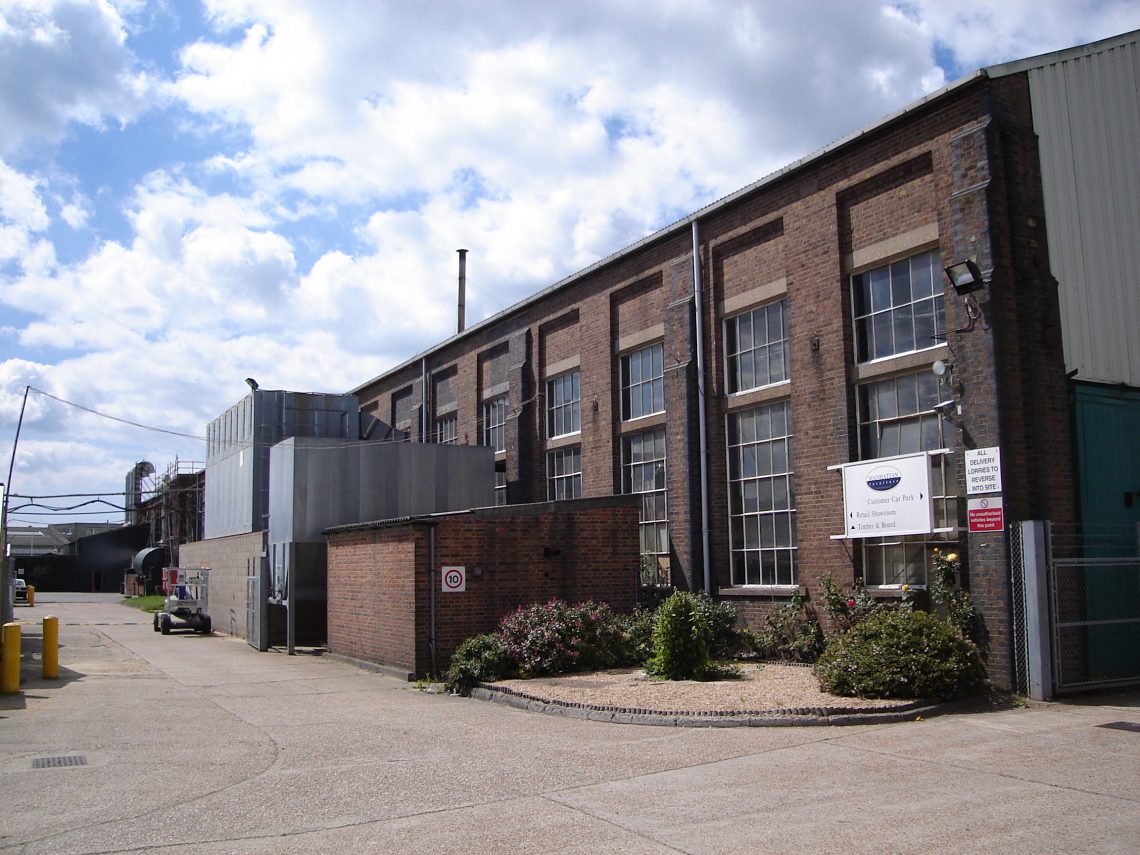What are Dilapidations?
The term is normally used to cover defects or disrepair which a tenant (normally a commercial tenant) will be required to deal with or pay to have remedied when a property is vacated.
When considering taking a commercial lease of a property or part of a property it is essential to consider what the potential dilapidation liability might be, and what the cost of maintaining the property might add up to during the length of the lease.
A dilapidation claim can substantially affect occupation costs – even for long leases. It makes sense to go into any lease with the benefit of professional advice in respect of the potential liabilities that may arise during occupation.
The RICS says . . . “It can come as a nasty shock towards the end of a lease when the Landlord requires extensive work to remedy damage or disrepair or to put the premises back in their original state if the Tenant has made internal alterations. If the Tenant does not carry out this work, he or she may be required to pay the cost of having it done.”
Why Are Dilapidations Important?
Landlords need to protect their property assets and investments and give careful attention to the condition of their property investments in the longer term. It is important to landlords that repairing covenants are managed to protect longer term investment value and income.
Both landlords and tenants often neglect to realise the importance of dilapidations, and with the introduction of the protocols for the processing of claims, this area of is becoming increasingly important and contains many pitfalls for the unwary.
We offer a comprehensive dilapidation service and can prepare, defend and negotiate dilapidation claims on behalf of landlords and tenants.
Our Building Surveyors can advise not only on potential dilapidations liabilities, but also prepare Section 18 valuations under the Landlord and Tenant Act 1927 to establish if there is a diminution in the value of the freehold or leasehold interest.
John Byers has acted on many contentious dilapidation cases including the widely reported case of Ravensgate Estates Ltd v Horizon Housing Group Ltd [2007]. Clients include Majestic Wine Warehouse, RL Polk, One Housing Group, KCi Medical and many commercial Landlords and Tenants.
Planning for Dilapidations: Dilapidation Appraisals
Before entering into a lease it is wise to take expert advice as to the repairing liabilities that might arise under the terms and conditions of the proposed lease. Many clients who lease or occupy commercial business space enjoy the benefit of our expert advice even before they have committed to leasing a property.
For Tenants we offer a Dilapidation Appraisal service that provides expert advice on the potential dilapidations and costs that may arise given the building’s condition and the proposed or actual lease terms. Many clients wish to take this advice before committing to take a lease for commercial premises so they know beforehand what their liabilities might eventually be and so they can make financial provision for them or negotiate better lease terms.
Before a tenant takes a lease, a detailed dilapidation survey would establish the condition of the premises, and give an indication of any work that may be needed, both immediately and later, during the term of the lease to comply with lease terms.
If the premises are already in bad repair, it might be that special lease terms should be negotiated as part of a lease negotiation.
During the term of the lease, regular or planned maintenance can avoid greater expense later.
Schedule of Dilapidations
Our work normally includes:
- A review the lease, and other documentation, such as licenses or schedules provided to us
- A detailed inspection of the building
- A clear and easy to follow Report and Schedule compliant with the governments Pre-Action Protocol for Claims for Damages in Relation to the Physical State of Commercial Property at Termination of a Tenancy (the ‘Dilapidations Protocol’)
Our Chartered Building Surveyors will inspect the property and give an appraisal of the potential dilapidation liability that might arise upon expiry of the lease.
On a schedule of dilapidations we normally show the estimated costs we anticipate being claimed in connection with the various dilapidation works that are required by the landlord, under the terms of the lease.
With this information both landlords and tenants can make informed decisions about the property and make sensible provisions for any potential dilapidation claim. This sort of advice can be crucial to either a landlord or tenant.
Sometimes our clients have sufficient information from our reports to go on to settle the matter themselves with the benefit of our advice.
Section 18 Valuations
These involve a valuation of the property in both lease compliant condition and a dilapidated condition.
It is a valuation often required in dilapidation disputes when the diminution in the value of a property needs to be considered and assessed as part of the claim or settlement.
Our combination of building surveying and valuation expertise gives us the expertise to provide our clients with specialist advice in this complex area of dilapidation law.
For advice, or more information, contact: John Byers BSc FRICS ACIArb or Iain Pendle BSc (Hons) MRICS









